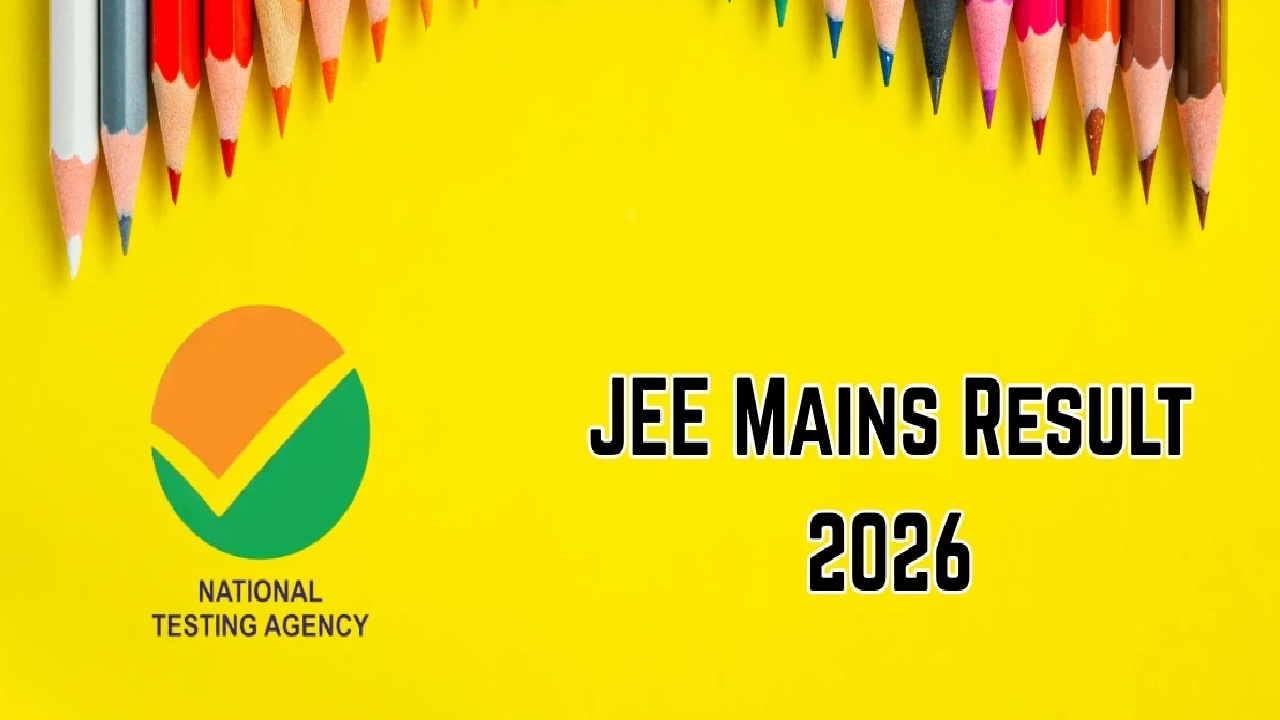A Historic Victory Overshadowed
The organisers of Norway Chess 2025 on Tuesday issued a strong condemnation of racist remarks made against Indian Grandmaster D Gukesh after his sensational victory over world no.1 Magnus Carlsen in a Classical game on Sunday. The match, hailed by many as the biggest upset in recent chess history, was Gukesh’s first-ever classical win over Carlsen, marking a significant milestone in his career. However, what should have been a moment of celebration has been tainted by a wave of online abuse rooted in racism.
Gukesh Triumphs, Trolls Emerge
Gukesh’s win over Carlsen, particularly on Norwegian soil, stunned the chess world. The 18-year-old world champion displayed remarkable composure and tactical brilliance, prompting widespread praise. Yet, shortly after the game, social media platforms were flooded with disturbing comments laced with racial prejudice. Remarks such as “Magnus was distracted by the curry scent” and “Gukesh’s scent was an undebatable trait” surfaced in the comment sections of videos posted by Norway Chess.
The most circulated clip, which shows Carlsen slamming the table in frustration after the loss, has amassed over 21 million views, drawing attention not only for Gukesh’s victory but also the backlash it triggered.
Norway Chess Speaks Out
In a strongly worded statement posted on X (formerly Twitter), Norway Chess organisers condemned the hateful rhetoric, reiterating their zero-tolerance policy on racism and hate speech.
“We want to be clear: we do not tolerate racism or hate speech in any form,” the statement read. “Our team actively moderates and removes harmful content… but with the volume of engagement, it’s a challenge to catch everything immediately.”
The organisers urged the global chess community to report any offensive content, committing to strengthening their moderation systems to preserve the integrity of the sport and the dignity of its players.
The Dark Side of Global Attention
The backlash highlights a troubling reality — that rising visibility for non-Western athletes often attracts hostility alongside recognition. For Gukesh, who recently became the youngest world champion in chess history, the incident is a stark reminder of the prejudice that still pervades international sports discourse. Despite his extraordinary achievement, the narrative has been partially hijacked by racially charged commentary, underscoring the need for stricter digital oversight and cultural sensitivity in online spaces.
While Gukesh has not publicly commented on the abuse, many fans, fellow players, and chess organisations have rallied in support, urging platforms to act swiftly against such behavior.
A Broader Wake-Up Call
Gukesh’s victory is a watershed moment not just for Indian chess but for the global game. However, the racism he has faced serves as a sobering reminder that inclusivity in sport remains an ongoing battle. It also spotlights the responsibility of tournament organisers, digital platforms, and audiences to ensure that brilliance is celebrated without bias.
Norway Chess’s prompt and principled response is commendable, but the incident reflects a larger cultural challenge. As chess becomes more global and diverse, safeguarding its players — especially from underrepresented communities — must remain a priority.
In conclusion, D Gukesh’s win over Magnus Carlsen deserves to be remembered for its sporting significance, not marred by prejudice. The chess community now has an opportunity — and an obligation — to set a new standard for respect, dignity, and zero tolerance for racism, both on and off the board.
(With agency inputs)








